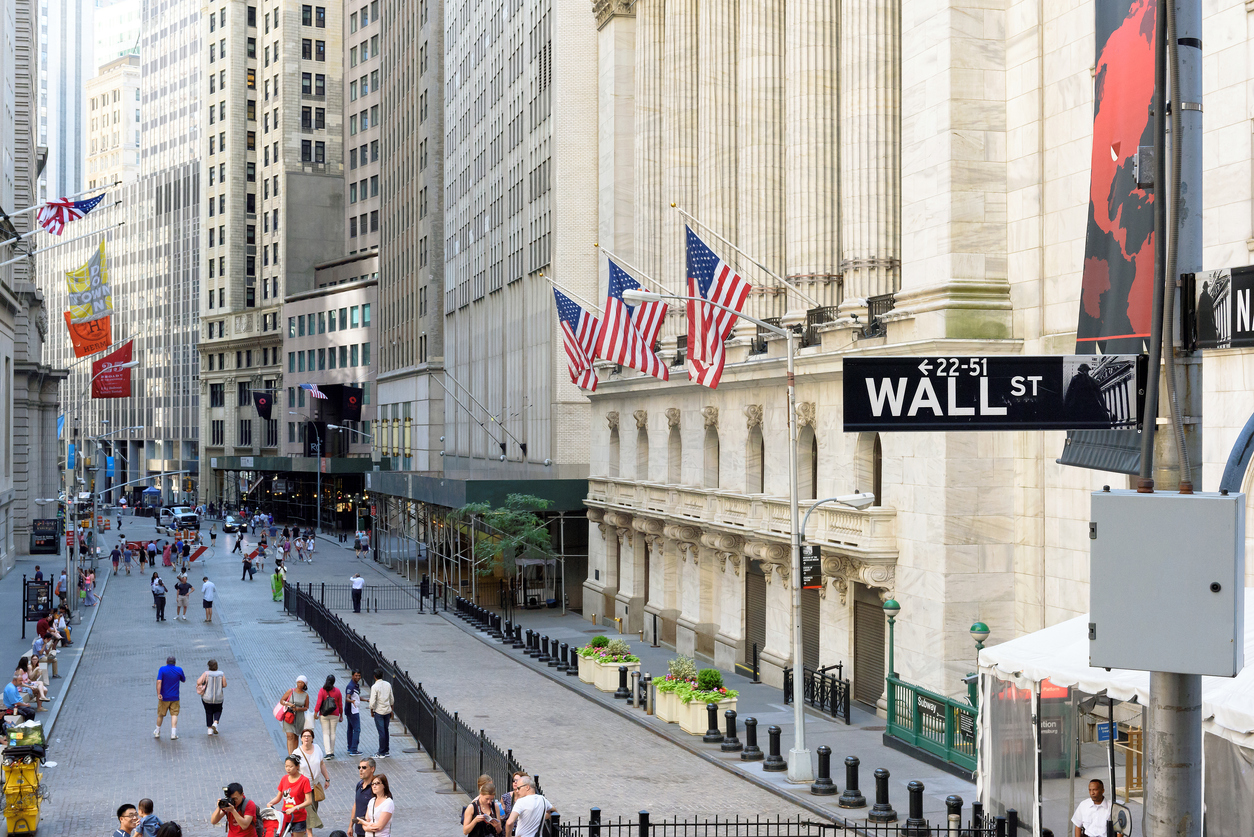US Stock Market In Free Fall Following Trump's Liberation Day Tariffs.
On April 3, 2025, U.S. stock markets experienced significant declines in early trading following President Donald Trump's announcement of sweeping new tariffs, dubbed "Liberation Day" tariffs. These measures include a universal 10% tariff on all imports, with higher rates targeting specific countries such as China (34%), the European Union (20%), and Japan (24%).

Market Impact
The announcement sent shockwaves through global financial markets. The Dow Jones Industrial Average plunged over 1,100 points (approximately 2.7%), the S&P 500 fell 3.3%, and the Nasdaq Composite dropped 4.5% in early trading.
RELATED: Trump's Tariffs Explained: What Happened on Liberation Day?
Key Stocks Affected
Several major corporations faced substantial stock declines due to concerns over increased costs and potential retaliatory measures:
-
Apple Inc. (AAPL): Shares plummeted 7.5%, reflecting fears of higher production costs and reduced demand in key international markets.
-
Amazon.com Inc. (AMZN): The e-commerce giant's stock fell 7.2%, as investors worried about increased import costs impacting its extensive supply chain.
-
Nike Inc. (NKE): The apparel company's shares dropped 13.7%, with analysts expressing concerns about the impact of tariffs on its manufacturing operations in Asia.
-
Tesla Inc. (TSLA): The electric vehicle manufacturer's stock declined 3.7%, amid fears that tariffs on imported components could raise production costs.

Potential Consequences
The implementation of these tariffs raises several economic concerns:
-
Economic Growth: Analysts warn that the tariffs could reduce U.S. economic growth by 1–2%, as increased costs may lead to decreased consumer spending and business investment.
-
Inflation: The effective U.S. import rate is projected to rise to 25%, the highest since 1910, potentially increasing inflationary pressures.
-
Global Trade Relations: The European Union and the United Kingdom have indicated potential retaliatory actions, which could escalate into a broader trade conflict.
-
Market Volatility: The abrupt policy shift has heightened market uncertainty, leading to increased volatility as investors react to the evolving trade landscape.

In conclusion,President Trump’s "Liberation Day" tariffs are not just an economic policy—they are a reckless gamble with the livelihoods of billions. While Trump may view this as just another power play, the real-world consequences will be devastating.
RELATED: Trump Hints That Musk Will Leave Doge, Could He Leave Tesla As Well?
Inflation will rise, businesses will struggle, and American consumers will ultimately bear the brunt of these tariffs through higher prices and job losses. Global trade relations are already crumbling, and retaliation from major economies could push the U.S. into a severe recession. This isn’t strategy—it’s chaos. And while Trump plays his game, billions of people will pay the price.










